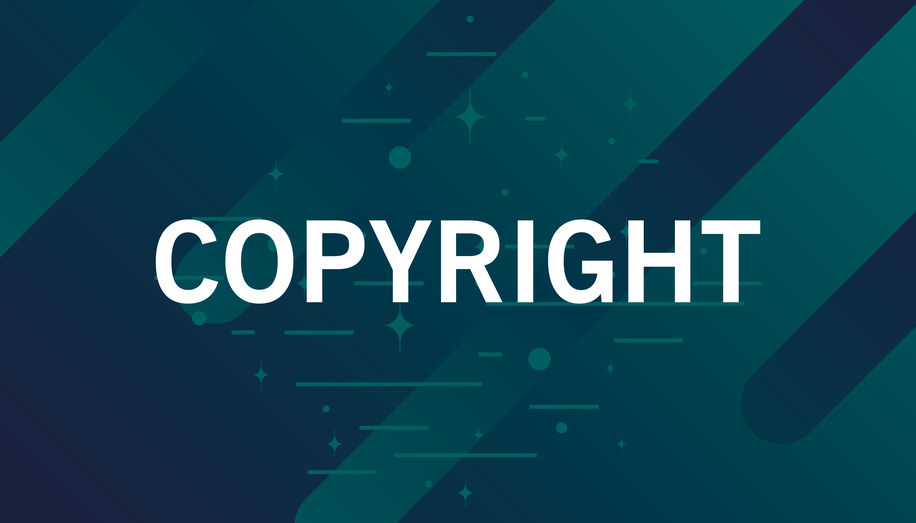Let’s use the example from the last blog post where the buyer brushes your work to adjust it to his wall. You do not favor the intervention; however, you realize that federal copyright law does not protect you against such an alteration. It is not contemplated in the “bundle of rights.”
You are not devoid of relief. In some jurisdictions, legislation has been passed to recognize authors’ rights called “moral rights.” These contemplate the works as an emanation of the authors’ personality; and try to protect that link.
What are Moral Rights?
Moral Rights are as follows. Firstly, the right of attribution refers to the author’s power to be recognized as the creator of his work, and therefore the power to affirm that he is not recognized as the author of a work he has not created. It also implies the alternative of attributing a pseudonym or remaining anonymous. Secondly, the right of withdrawal (“withdrawal”) allows the author to renounce authorship when his work no longer matches his convictions. It is the option to choose not to associate with your work. Thirdly, the right of access gives the author the right to demand reasonable access to his/her original or unique copy, when it’s is in possession of another, in order to exercise his or her copyright rights. However, access cannot impair the comfort of the holder, who will be compensated for the expenses of exercising this right.
Fourthly, the right of integrity ensures that the work is not modified or used in a way that contravenes the interest or reputation of the author. It includes the following rights: prevent mutilation, or alteration of the work; prevent the public presentation or distribution of a mutilated or altered work; and prevent the intentional or negligent destruction of an original or a single copy.
Applied to the intervention of the buyer, a single brush, however small, constitutes a violation of this right.
These rights exist regardless of your registration. But unlike the assets, which are transferable by written agreement, morals belong exclusively to their author, except for integrity. Works created by employees as part of their employment functions, and works made to order (“work-for-hire”) do not generate moral rights. Non-transferable, although waived in part, moral rights are valuable tools when negotiating the use and / or sale of works.








